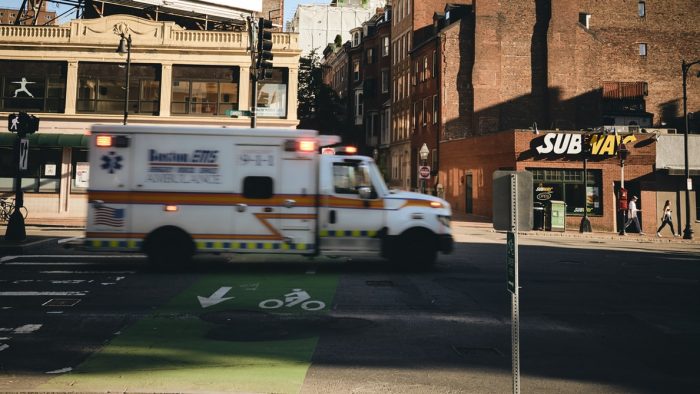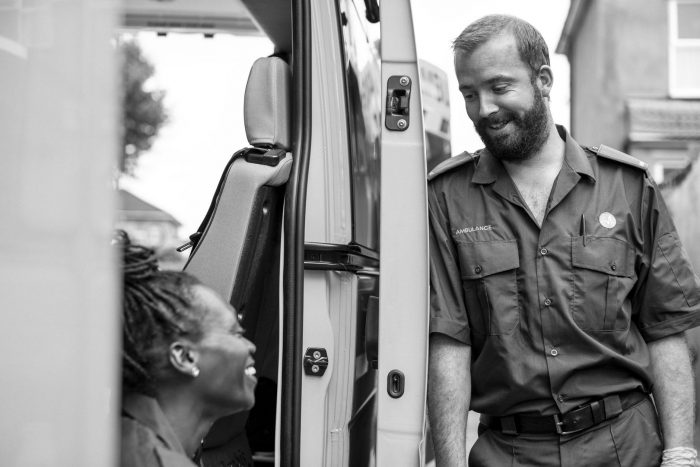In the society we live in today nothing is very predictable anymore. Over the years the UK has seen a rise in knife crime , terrorism , drug deaths , car accidents and may other catastrophic events that have unfortunately cost lives. This has highlighted to many the importance of training people in lifesaving techniques so that should the time come where they need to act they are prepared to help and contribute.

What Can Be Taught?
A common misconception amongst the public is that you need formal qualifications to administer first aid or CPR. This is not entirely true as anyone with even a hint of medical knowledge should be able to help in an emergency scenario. There are different levels of medical skills that can be taught to bystanders in order to make them aware of how they can help.
One of the most basic skills someone can be taught is first aid. First aid encompasses a range of different scenarios and gives people an overview of how to treat light or minor injuries. Another form of skill that can be taught is CPR. CPR also known as cardio pulmonary resuscitation is the process of trying to keep someone alive through chest compression accompanied with breaths. This is also coupled with the use of an automated defibrillator in many scenarios which delivers an electrical shock to try and shock the heart back into the right rhythm.

How Practical And Effective Are These Skills
The skills are highly desirable as well as practical and effective. The ability to make a makeshift tourniquet or stem someones bleeding saved many lives in recent terrorist attacks in London and this came as a result of medical training or instruction. Without this knowledge more people would have died. Studies have shown that CPR is highly effective in reviving people who have collapsed. Generally within the first four minutes is the most important time period to begin CPR. as time goes on the chances of survival decrease dramatically.

What Is Slowing Progress?
In terms of slowing progress there are a number of different factors that are influencing how many people are getting trained in these valuable lifesaving skills. One of the major factors that is holding people back is cost. Many people believe that there is a cost to learning these skills. Whilst this is true to an extent there are many organisations through which you can gain these skills for free. The red cross , British heart foundation and the Scottish ambulance service are just one or two of the many organisations which often provide training at public events across the country.
Other factors that are slowing progress are misinformation. Some people believe that administering CPR should only be attempted by medical staff. This is simply not true as any form of CPR is better than no CPR being administered. To conclude there are a number of steps that can be taken in order to ensure that people have a good understanding of what they can do in medical scenarios and ultimately save lives.

Sophie covers topics related to cosmetic procedures, skincare routines, and overall health, promoting informed choices.
